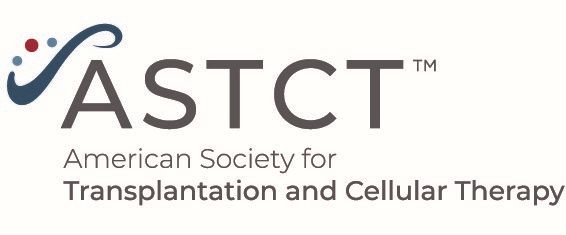
CD83 is a Promising GVHD Biomarker and Therapeutic Target

A recent study found for patients with graft-versus-host disease, a relationship was observed between CD38 expression which reduced survival and had a higher transplant-related mortality.
Researchers from the University of Minnesota have recently published an article which found a correlation between high CD83 expression and both reduced survival and higher transplant-related mortality (TRM). These findings, published in Clinical Cancer Research, demonstrate that CD83 may bridge a critical gap in graft-versus-host disease (GVHD) diagnostic strategies and warrants further investigation.
Chronic GVHD (cGVHD) remains as a leading cause of morbidity and mortality after allogeneic hematopoietic cell transplantation (alloHCT)). Studies have shown that nonselective targeting of donor T cells with anti-thymocyte globulin can reduce grade II-IV acute GVHD (aGVHD), but this can increase the risk of relapse and infectious complications and lead to lower survival. CD83, which is differentially expressed on alloreactive CD4+ T cells, has emerged as a potential target, and CD83 chimeric antigen receptor (CAR) T cells have been shown to reduce GVHD and AML relapse in preclinical models. In this study, the authors sought to determine CD83 expression on CD4+ T cells in aGVHD and B cells and T follicular helper (Tfh) cells in cGVHD, and how expression changes after different GVHD therapies.
Samples from patients with or without GVHD (n = 48 for both groups) were evaluated. In post-alloHCT patients with grade II-IV aGVHD, CD83+ CD4+ T cells were significantly enriched (p < 0.0001) and highest in patients diagnosed with aGVHD at earlier time points. High CD4+ T cell CD83 expression, before day +100 after alloHCT, correlated with greater TRM and inhibition of JAK1, JAK2, or concurrently JAK1/2 suppressed CD83 on allo-stimulated CD4+ T cells. In both B cells and Tfh cells, CD83 expression was significantly higher in cGVHD patients (p < 0.0001) and associated with poor posttransplant survival. Lastly, anti-CD83 CAR T cells were found to significantly reduce CD83+ autoreactive B cells (p < 0.05) but not eliminate all B cells. Taken together, these findings demonstrate that CD83 could bridge a critical gap for GVHD diagnostics and be a direct therapeutic target for GVHD prophylaxis or treatment, using CD83 CAR T cells.
Reference
Holtan SG, Savid-Frontera C, Walton K, et al. Human effectors of acute and chronic GVHD overexpress CD83 and predict mortality [published online ahead of print, 2023 Jan 9]. Clin Cancer Res. 2023;CCR-22-2837. doi:10.1158/1078-0432.CCR-22-2837
Newsletter
Stay up to date on recent advances in the multidisciplinary approach to cancer.






































